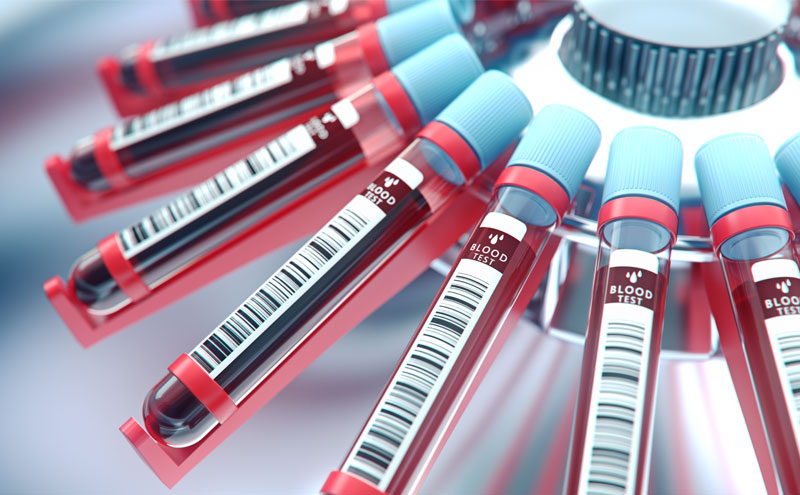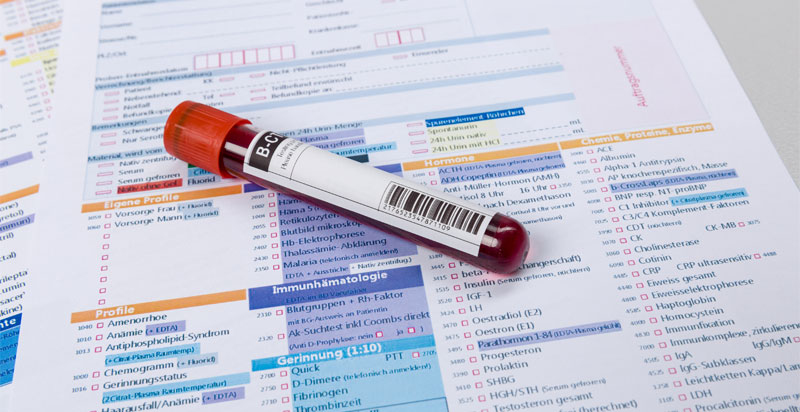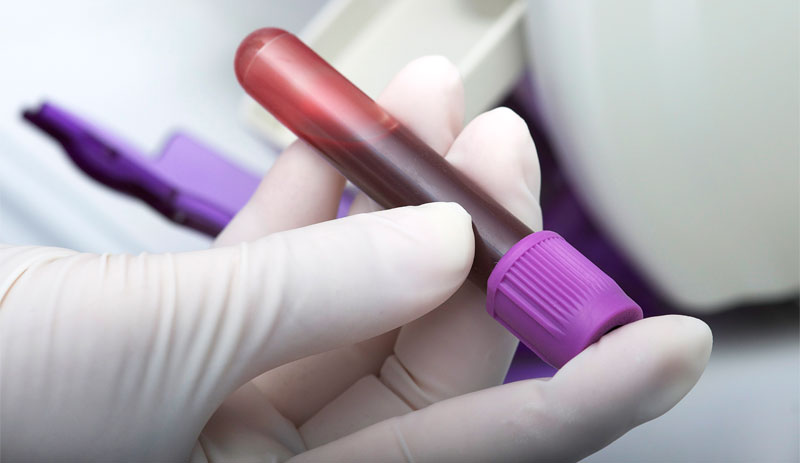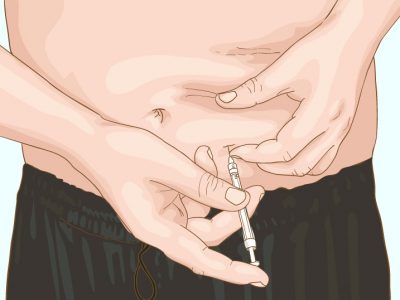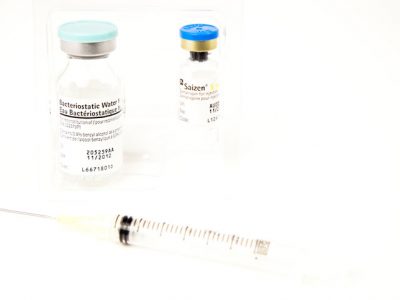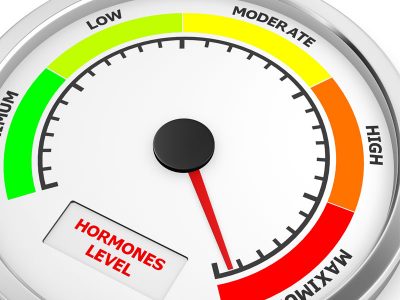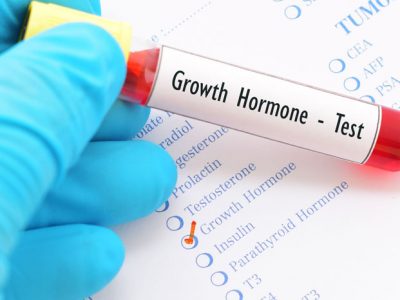- Home
- Growth Hormone
- Growth Hormone
- Growth Hormone Deficiency
- Growth Hormone Therapy
- Growth Hormone Injections
get startedThe Most Effective Hormone Replacement TherapiesUnderstanding Hormone Testing for Men and Women
- Proper evaluation of your hormone levels requires sophisticated testing.
- There is not one simple test that can give a complete picture of the level or your critical hormones.
- We use state-of-the-art testing panels.
The hormone tests used by Kingsberg Medical are designed to detect hormone imbalances, and specifically your levels of testosterone and human growth hormone. We use a combination of both simple and more comprehensive hormone panels.
Comprehensive laboratory and hormonal testing is often requested in both men & women in order to properly assess a person’s overall health as well as the status of the hypothalamic-pituitary axis which controls most of the hormones in the body including Growth Hormone.
Before any tests are done, you will have to start with a complete physical exam, which will include taking a thorough medical history. Be prepared to describe your symptoms in detail — when they started, how have they have persisted, and how they have progressed.
We use hormone blood test panels to test for specific hormone levels and imbalances. Comprehensive laboratory and hormonal testing is often requested in both men & women in order to properly assess a person’s overall health.
Hormone Panels for Men
We will draw a sample of blood for your initial testosterone hormone panel. This will help us to get a clear understanding of your hormone levels.
Complete (simple) Testosterone Testing for Men
An initial testosterone blood panel for men may include:
Complete Male Panel #243047 (299)322000Comp. Metabolic Panel 005009CBC With Diff/Platelet 303756Lipid Panel 010322Prost-Specific Ag, Serum 010363IGF-1 004226Testosterone, Serum 004515Estradiol 224576TSH+Free T4 010389Triiodothyronine, Free, S Comprehensive (Super-Complete) Testosterone Testing for Men
In addition to the panels above, more comprehensive testosterone testing for men could also include:
Super Complete Male P # (600)322000Comp. Metabolic Panel 005009CBC With Diff/Platelet 303756Lipid Panel 004020DHEA-Sulfate 010363IGF-1 010322Prost-Specific Ag, Serum 070038Testost, F Eqlib+T LC/MS 140244Estradiol , Sensitive 224576TSH+Free T4 010389Triiodothyronine,Free,S 081950Vitamin D, 25-Hydroxy 004465Prolactin 004051Cortisol 706994Homocyst(e)ine, Plasma 082016Sex Horm Binding Glob, S 006676Thyroid Perox (TPO) Ab 006685Thyroglobulin Anti body 001503Vitamin B12 These hormone test panels for men provide a complete overview of hormonal balance in men. Using a single serum sample, the panel evaluates dynamics of androgen levels and metabolism that can profoundly affect a man’s health and ability to perform throughout his lifetime.
Hormone Panels for Women
We will draw a sample of blood for your initial testosterone hormone panel. This will help us to get a clear understanding of your hormone levels.
Initial (complete) Testosterone/Hormone Testing for Women
An initial testosterone/hormone panel for women may include:
Complete Female Panel #243046 (299)322000Comp. Metabolic Panel 005009CBC With Diff/Platelet 303756Lipid Panel 004317Progesterone 010363IGF-1 004226Testosterone, Serum 004515Estradiol 224576TSH+Free T4 010389Triiodothyronine,Free,S Comprehensive Testosterone Testing for Women
In addition to the panels above, more comprehensive testosterone/hormone testing for women could also include:
Super Complete Female P #243398 (600)322000Comp. Metabolic Panel 005009CBC With Diff/Platelet 303756Lipid Panel 004020DHEA-Sulfate 010363IGF-1 004317Progesterone 070038Testost, F Eqlib+T LC/MS 140244Estradiol , Sensitive 224576TSH+Free T4 010389Triiodothyronine,Free,S 081950Vitamin D, 25-Hydroxy 004465Prolactin 004051Cortisol 706994Homocyst(e)ine, Plasma 082016Sex Horm Binding Glob, S 006676Thyroid Perox (TPO) Ab 006685Thyroglobulin Anti body 001503Vitamin B12 These hormone panels for women are targeted hormone tests designed to evaluate female hormone metabolism. This hormone test offers clinical insight into female hormone levels (estrogens) as well as testosterone levels and the impact of said levels on the health and well-being of pre and post-menopausal women.
Although the aforementioned test panels may appear overly inclusive, they in fact are standard screening test which all of should have performed periodically. Our blood test panels can identify medical problems that were previously unidentified or even not taken seriously due to lack of obvious symptoms. They can screen for problems in the bone marrow (where are blood cells are produced), kidney & liver problems, and importantly, hormonal abnormalities. Additionally, lipid & cholesterol issues may be identified, as well as various vitamin deficiencies. The importance of performing these tests cannot be understated and our doctors will work with to decide exactly which tests are right for you.
Our blood test panels can identify medical problems that were previously unidentified or even not taken seriously due to lack of obvious symptoms. They can screen for problems in the bone marrow (where our blood cells are produced), kidney & liver problems, and importantly, hormonal abnormalities.
Growth Hormone Testing for Men and Women
The blood testing for growth hormone deficiencies in adults is the same for men and women.
To test if your body is making adequate amounts of Human Growth Hormone (HGH), we use what is known as an Insulin-like Growth Factor -1 (IGF -1) test. This is a test that is used to measure the amount of IGF-1 in a patient’s bloodstream.
IGF-1 is an endocrine hormone produced by the liver that, along with growth hormone, helps promote normal bone and tissue growth and development. The IGF-1 test is used:
- To help diagnose growth hormone deficiency
- To sometimes diagnose growth hormone excess
- To evaluate pituitary function
- To monitor the effectiveness of treatment for excess or insufficient production of HGH
To do the test, a blood sample will be drawn from a vein in your arm. Since HGH levels fluctuate throughout the day, we do not test for HGH, but rather IGF-1. IGF-1 mirrors HGH excesses and deficiencies, but the level in the blood is stable throughout the day, making it a more useful indicator of average HGH levels than testing for HGH.
Before performing specific HGH testing, if the IGF-1 level is found to be normal for age and sex, growth hormone deficiency (GHD) can be ruled out, and more definitive testing is not necessary.
See our “Growth Hormone Blood Test” page for details on how you may need to prepare for the IGF-1 test.
We use LabCorp for all of our hormone test. LabCorp is one of the world’s most respected life sciences companies and medical testing facilities. You can learn more about IGF-1 and the IGF-1 test by visiting the LabCorp website.
IGF-1 mirrors HGH excesses and deficiencies, but the level in the blood is stable throughout the day, making it a more useful indicator of average HGH levels than testing for HGH.
A Note About Hormone Testing and “Normal” Hormone Levels
If you look at charts of the so-called “normal” levels by age and gender for growth hormone and testosterone, you will see that rather than specific levels, normal levels are given as a range. This is because what could be a “normal” level for you, and allow you to function perfectly fine, could be “low” for another person. Furthermore, often those so-called normal ranges, will vary from testing lab to testing lab.
This all speaks to just how complex determining what a normal level for a given hormone in adults is, and is exactly why we do not look at your age and gender alone, and decide what should be the normal range, rather we take everything into account – your age, gender, diet, symptoms, and lifestyle – to determine what should be the “normal” range for you.
Remember, the “normal range” is just a guide. Our doctors will help determine what is “your” normal range.
We use these hormone panels to test patients for hormone levels associated with aging, and also to establish baselines for hormones, to determine if hormone replacement therapies are indicated in these patients.
Once we determine what your unique optimal level is, we can tailor treatments that will get you in that zone, so you can perform at your personal best, regardless of your age.
read this next
What You Need to Know About Growth hormone Injections
There are many myths and misunderstandings about human growth hormone, or HGH. Here are some of the facts you need to know about growth…read moreCan growth hormone deficiency be cured?
When it comes to growth hormone deficiencies, medical professionals do not like to use the word cured. However, like other hormonal conditions such as…read moreWhat Is the Normal Growth Hormone Level for Adults
Is there a normal growth hormone level for adults? That is a very good question. Even in an individual, growth hormone levels vary throughout…read moreBlood Test for Growth Hormone Deficiency in Adults
Growth hormone is essential for normal growth in children. Growth hormone, also known as HGH, also plays a critical role in adults. Growth hormone…read more - Growth Hormone Therapy








